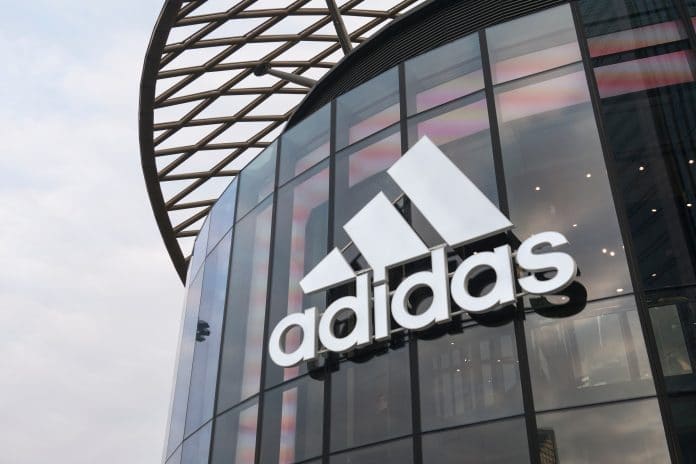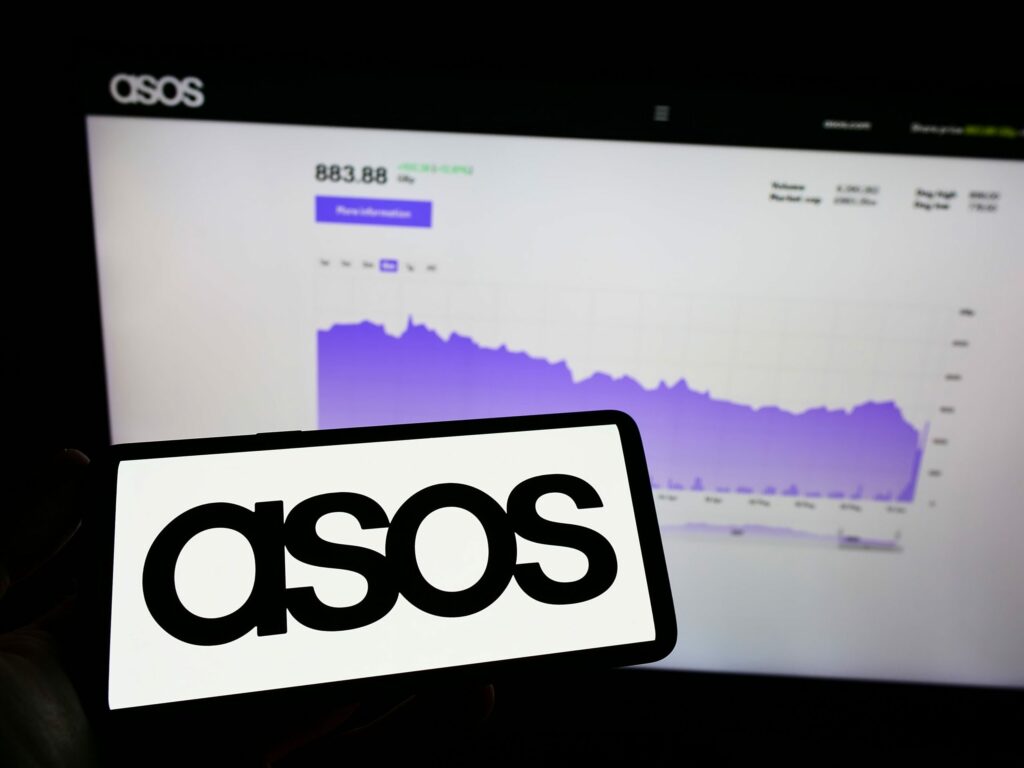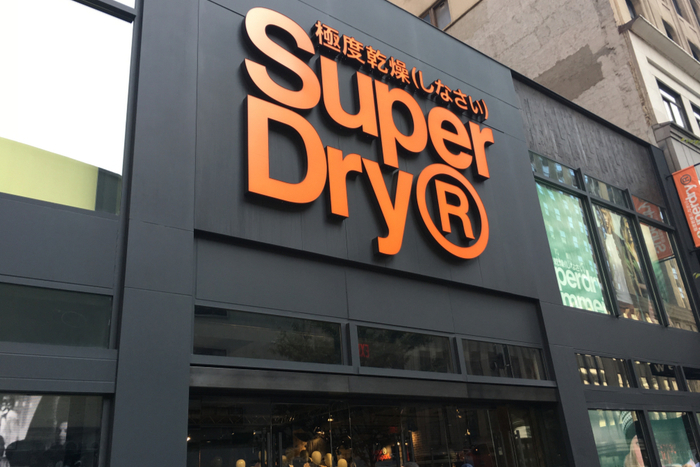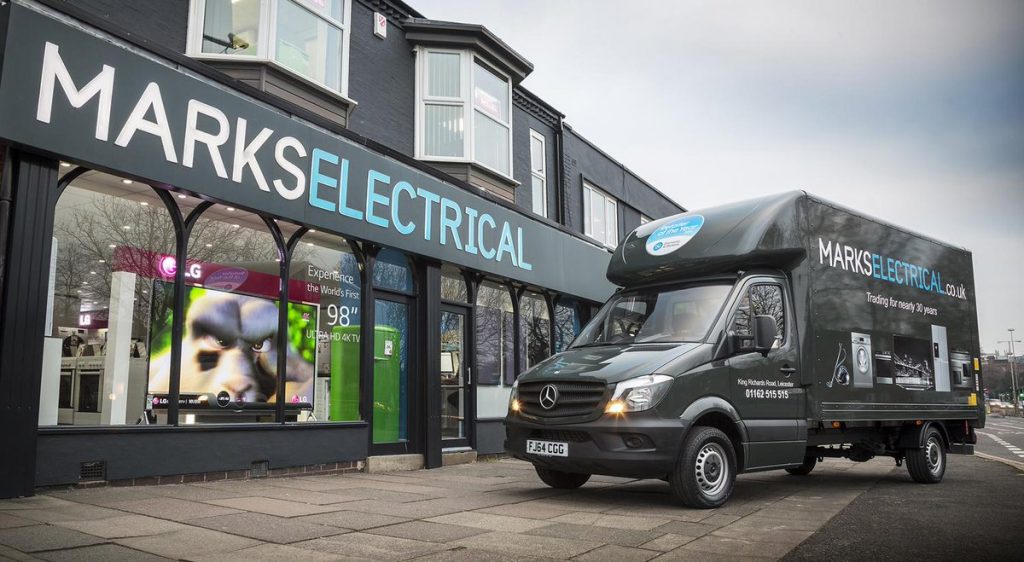The Charles Russell Retail and Leisure team consider why Nigeria offers a wealth of potential for luxury brands and the retail sector.
As Nigeria enters its fifteenth year of democratic rule and marks its centenary year in 2014, there is a sense of renewal and energy which makes its prospects very appealing, particularly for luxury brand and retail investment. Consistent GDP growth in excess of 6% per annum and a population of over 160million people (a significant proportion of which is below the age of 30) further signify Nigeria‘s potential. Nigeria‘s burgeoning middle class have access to an ever-increasing amount of disposable income and Lagos, the country‘s most populous city, is expected to have more than $25 billion a year in household spending available to it in 2020. The signs all point to Nigeria‘s retail sector being on the brink of transformation.
Recent developments on the retail landscape indicate that the stirrings of a retail revolution are underway. 2005 saw the opening of the country‘s first modern style shopping mall, The Palms in Lagos. Prior to this, Nigerian‘s had limited retail options – the country‘s retail industry comprised small family-run outlets and limited luxury brands could only be sourced in an informal manner through individual suppliers. The Palms has paved the way for additional successful shopping mall developments, however, for a country whose population equates to half of that of the United States, the presence of only four modern style shopping malls, and no concept, as such, of a “High Street” shopping experience, has made the absence of the direct presence of luxury and retail brands in the country increasingly obvious. There is evidence that there are steps being taken to address this; there are various players developing retail destinations in Nigeria, including private equity funds and locally based development companies, like Nigerian property business, Persianas Group. There are also a number of large scale retail developments underway in Lagos and the country‘s capital, Abuja.
Riaan Erasmus, Head of Retail at Persianas Group (the owners of The Palms shopping mall) sees the Nigerian retail sector is an untapped market for retail brands (including luxury brands). Mr Erasmus‘ experience has shown him that Nigerian culture is image conscious and, as an increasing sector of the population becomes well travelled, the awareness and concept of Northern Hemisphere brands is becoming increasingly important for the Nigerian shopper.
The demand for retail and luxury retail brands is slowly being addressed. Luxury brands Ermenegildo Zegna and Porcshe have recently put down roots in Nigeria. Persianas, which acts as a brand ambassador and has assisted the successful set up of brands such as Hugo Boss and Puma in its retail spaces, will implement the launch of Lacoste this December in The Palms. Persianas is also taking the pioneering step to develop the country‘s first department-concept store which will house multiple brands “under one roof”.
Although changes are in progress, retail options on the ground are still very restricted. Although online purchasing of luxury brands is possible it is not utilised as a means of shopping for luxury as it might elsewhere in the world. Those who seek out luxury brands still have to resort to travelling abroad for their purchases. There is therefore space for extensive retail development in the region. The Nigerian government continues to take steps to strengthen the legal framework of the country in order to maximise the country‘s development potential. A number of fiscal and monetary policies have been applied with a view to stabilising the local currency and managing inflation. These policies are constantly reviewed with the aim to contribute to a better and more robust environment for businesses.
Whilst current policy and regulation is clearly paving a way for foreign inves
RELATED STORIES

















